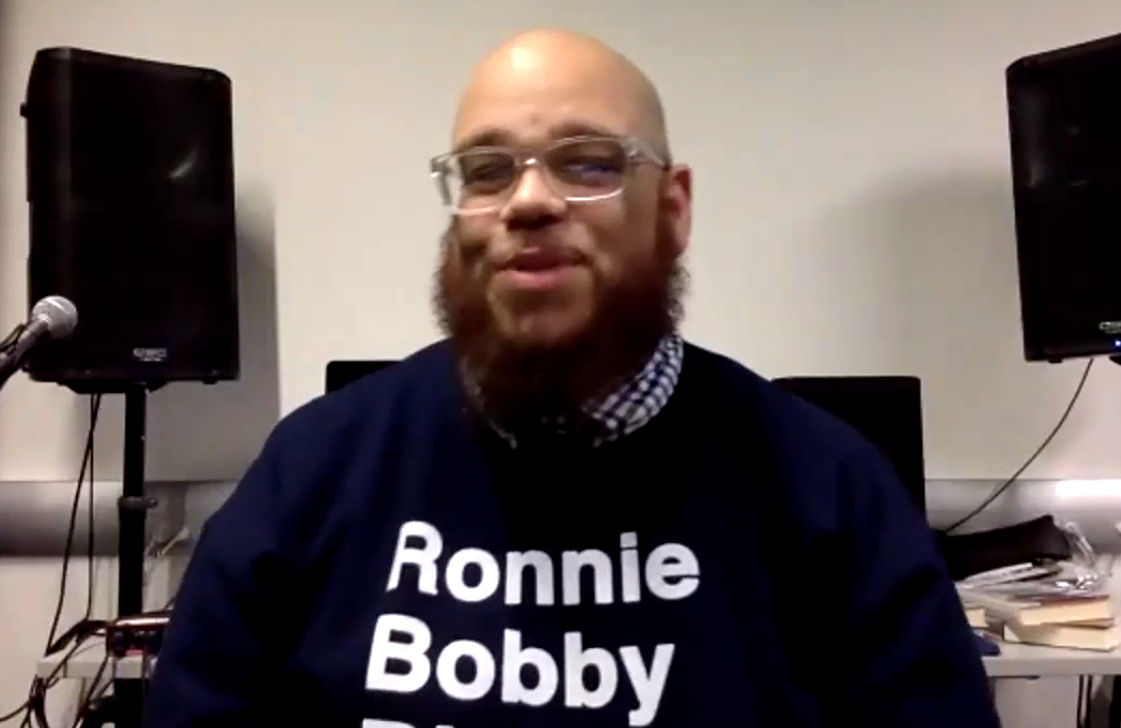
The UW-Madison School of Education recently held a discussion around the connection between hip-hop and youth-led movements for Black lives, in the last installment of their Real Talk for Real Change symposiums.
The symposium, titled “Advancing Hip-Hop as a Path Toward Equity,” was held virtually last week and featured a panel of University of Wisconsin-Madison faculty and a local artist hip-hop artist. The guests included Interdisciplinary Artist-in-Residence Michele Byrd-McPhee; UW Dance professor Duane Holland Jr.; Sofia Snow, director of the Office of Multicultural Arts Initiatives and First Wave Scholarship Program; Michael Ford, an associate member of the American Institute of Architects and Co-Founder of The Urban Arts Collective; and Madison/Beloit-based rapper Rob Franklin, whose alias is Rob Dz.
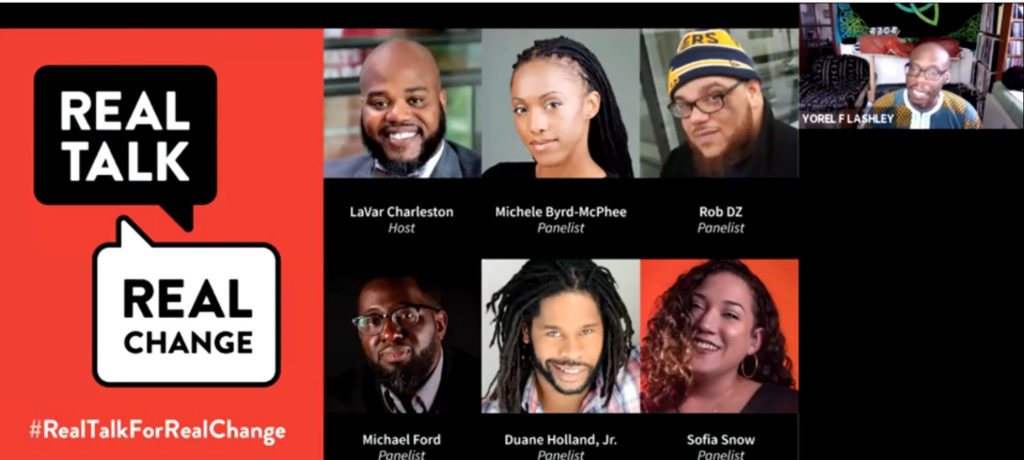
“Since this is a gathering of artist-educators, we thought it appropriate to provide an opportunity to ground what you hear from them and their art practice. Not performances but a presentation of artistic identity,” said Dr. Yorel Lashley, the director of Arts in the Professional Learning and Community Education (PLACE) at UW-Madison School of Education, who facilitated the event.
The panel was a Q&A style centered around two broader questions: How do the artists situate their work in the larger history of hip-hop as both art and as part of a cultural movement? And, how can hip-hop advance equity through education?
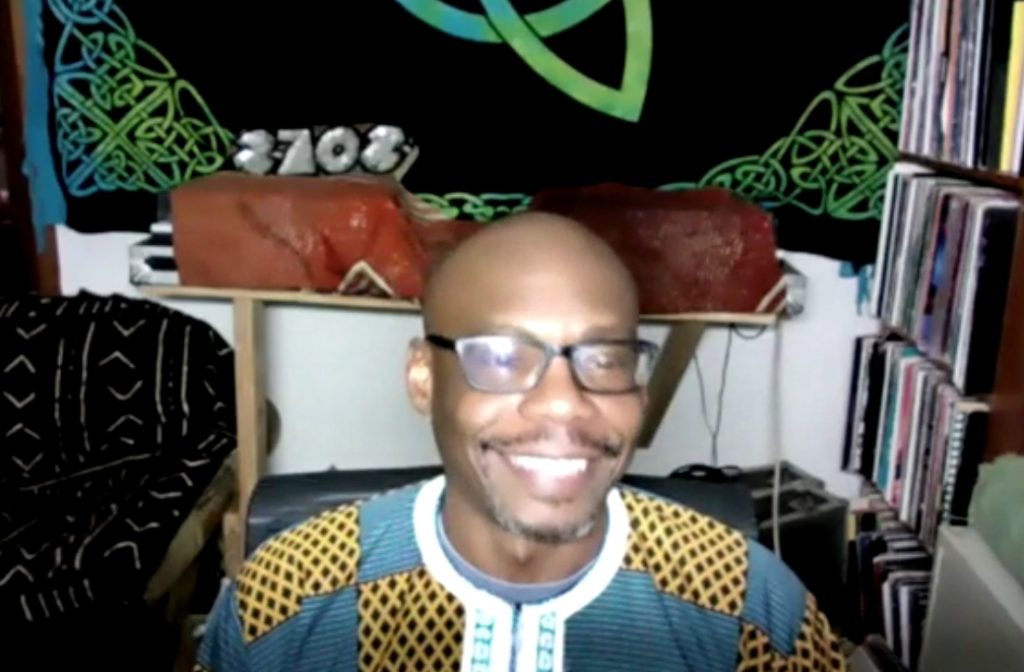
Additionally, each panelist presented a video featuring their work.
“From an artistic standpoint,” Franklin said, “I try to share with youth that I work with the importance of sharing your truth and testimony, and making sure that it plays a part in the bigger picture. How that ties in educationally is the work I do at the [Madison] public library and it revolves around digital literacy and teaching through the lens of hip-hop, not just [from] the standpoint of trying to get people to be rappers but being able to have people share their stories in different ways.”
Ford, also known as the “Hip-Hop Architect,” runs hip-hop focused camps across the nation to introduce Black and brown children to the art form. For him, his students evaluate hip-hop through the culture and environment they come from.
“Far too often when people hear these stories of despair and challenging environments,” he said, “we are reduced to dancing to the lyrics because the stories are told in such a poetic way that we forget they are describing challenges. so our young people are responding to that music architecturally.”
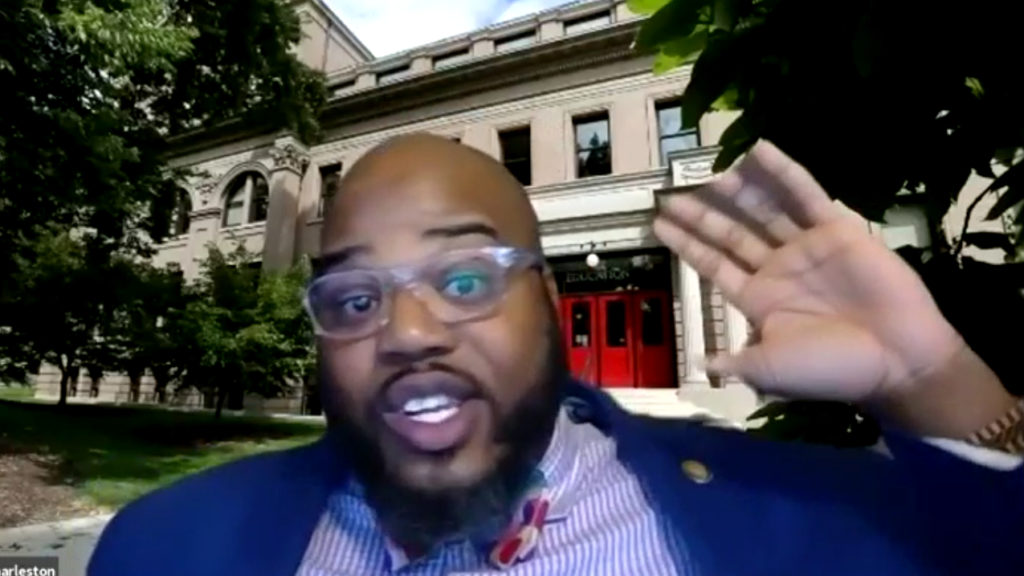
When discussing the negative stereotypes surrounding hip-hop culture when educating, Byrd-McPhee placed the onus on the individual to look at hip-hop on a broader scale.
“I have to make the case for standing up for women in the culture and standing up to misogyny,” she said. “But also why is it that the first question that comes up in hip-hop is ‘how do we deal with the misogynistic element within hip-hop culture?’ as if it doesn’t exist everywhere else in the entire world. So [I put] that back to folks who ask that question. You really have to start taking the opportunities, even in the fight you’re fighting, to understand that that is not the mass of the culture, it’s just a small part. So [I use] every opportunity I have to challenge people’s minds. Let’s talk about what [hip-hop] really is.”
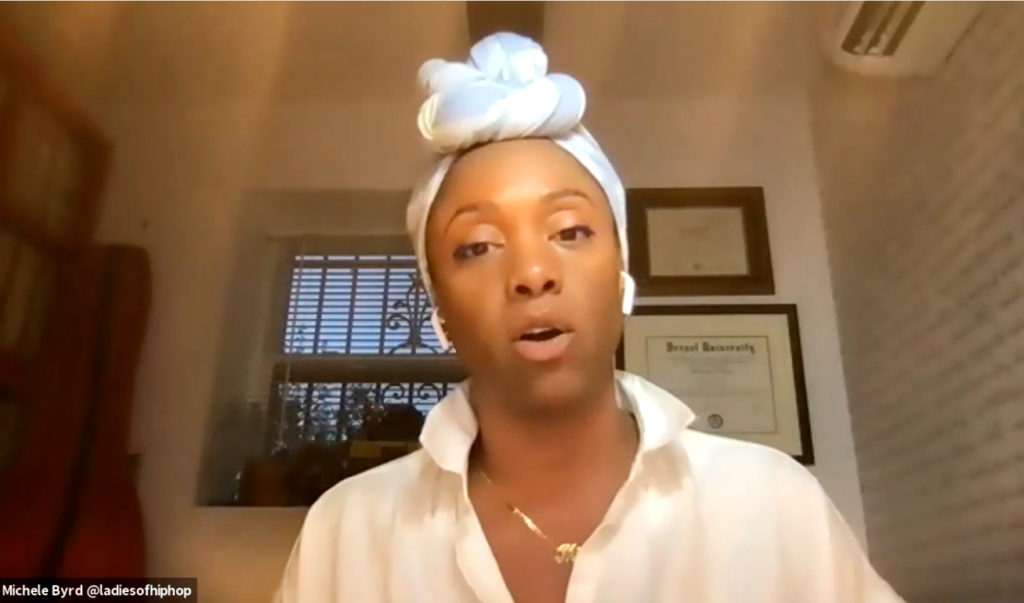
The two-hour-long symposium also featured practices that could be adopted in the classroom to further hip-hop education. For Snow, that meant using elements of hip-hop in the physical classroom, particularly in the form of a cypher, an informal gathering of artists to create music together.
“[There are] some really simple ways are to introduce the cypher into your classroom,” she said. “In hip-hop pedagogy, everybody has something to teach, everybody has something to learn. What would it look like in your classroom to arrange all of the chairs into a circle and to teach from that perspective? That would even the playing field and introduce the cypher physically in the class.
“Also, bring in practitioners to your classroom, folks who do represent the culture to come and work with your young people directly,” she adds. “To bring in a teaching artist to your classroom only enhances the curriculum you’re trying to teach.”
While the full “Advancing Hip-Hop as a Path Toward Equity” symposium will be available for viewing for the publics soon, past symposiums are posted on their YouTube channel.



